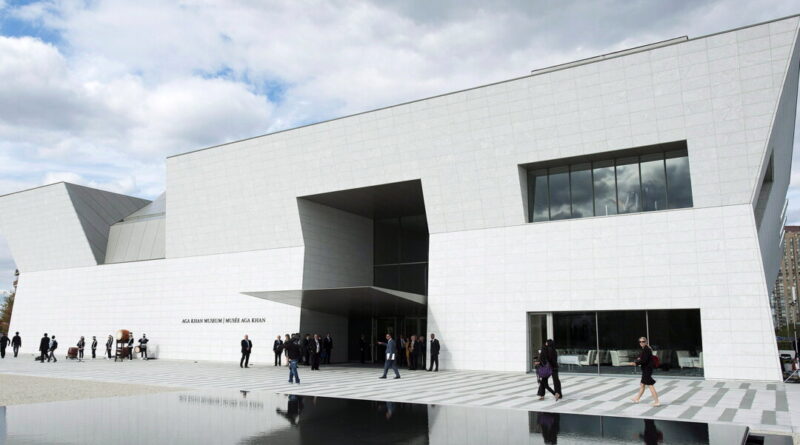The Unconventional Impact of the 1972 Summit Series on Canada
Commentary
This Canada Day, reflecting on what it means to be Canadian, I want to take you back to the 1972 Summit Series. But not for Canada’s victory over the Soviets, but its indirect impact on an even more high-stakes drama playing out in… Uganda.
Coinciding with a weakening global economy and rising anti-immigrant sentiment across the West, few countries were willing to welcome any of the thousands of soon-to-be refugees.
Serendipitously, the Aga Khan made his “big ask,” pressing for a firm number of refugees, just as the USSR tied the game at three goals apiece. Seeing the waiter flash three fingers on each hand just as the question finished, the lead Canadian official put down six fingers of his own to relay the score to the other officials present.
The Aga Khan, who wasn’t privy to this signaling system, took his host’s gesture to indicate that Canada would welcome 6,000 refugees. Rather than insult his guest, the official agreed.
“The refugees were only allowed to take $25,000 out,” Moul recounted. “If you tried to take anything out of the country other than what you were told you could take, there was no hearing, (military police) just shot you.”
The Ugandan emigres, who had been one of the most well-educated populations in Africa, wasted no time making their mark in professional circles. Over time, the community became especially well-known for its business acumen. Former Prime Minister Jean Chrétien quipped during the 1990s recession that his economically depressed hometown of Shawinigan, Quebec, was in desperate need of “a dozen Ismaili entrepreneurs.”
The next generation, children of the exiled Ugandans, would make its own mark in cultural and political circles. Rahim Jaffer, an infant when his family fled Uganda in 1972, became the first Muslim elected to the House of Commons in 1997 at 25 years old. Other notable Ismaili Canadians of Ugandan extraction include lead CTV news anchor Omar Sachedina, federal Minister of Justice Arif Virani, and G(irls)20 founder Farah Mohamed.
There are roughly 100,000 Ismailis in Canada today, with recent waves arriving from Pakistan, Afghanistan, and the former Soviet Central Asian Republics. Members of the jamaat community can be found in the upper echelons of virtually every profession and cultural institution. The community also maintains a sizeable civic presence, hosting major community events like Vancouver’s World Partnership Walk and an always well-attended annual breakfast at the Calgary Stampede.
The Aga Khan also spearheaded the creation of a number of important Canadian cultural landmarks, including Toronto’s Aga Khan Museum, North America’s only museum dedicated to Islamic Arts, and Ottawa’s Global Centre for Pluralism, a world-renowned research institute housed in the former Canadian War Museum along the capital city’s historic Sussex Drive.
All told, the remarkable story of Canada’s Ismaili community represents the very best of Canadian pluralism, generosity, and opportunity. Their story is also a poignant reminder that, for all the country’s challenges, Canadians still have much to celebrate.
Views expressed in this article are opinions of the author and do not necessarily reflect the views of The Epoch Times.





